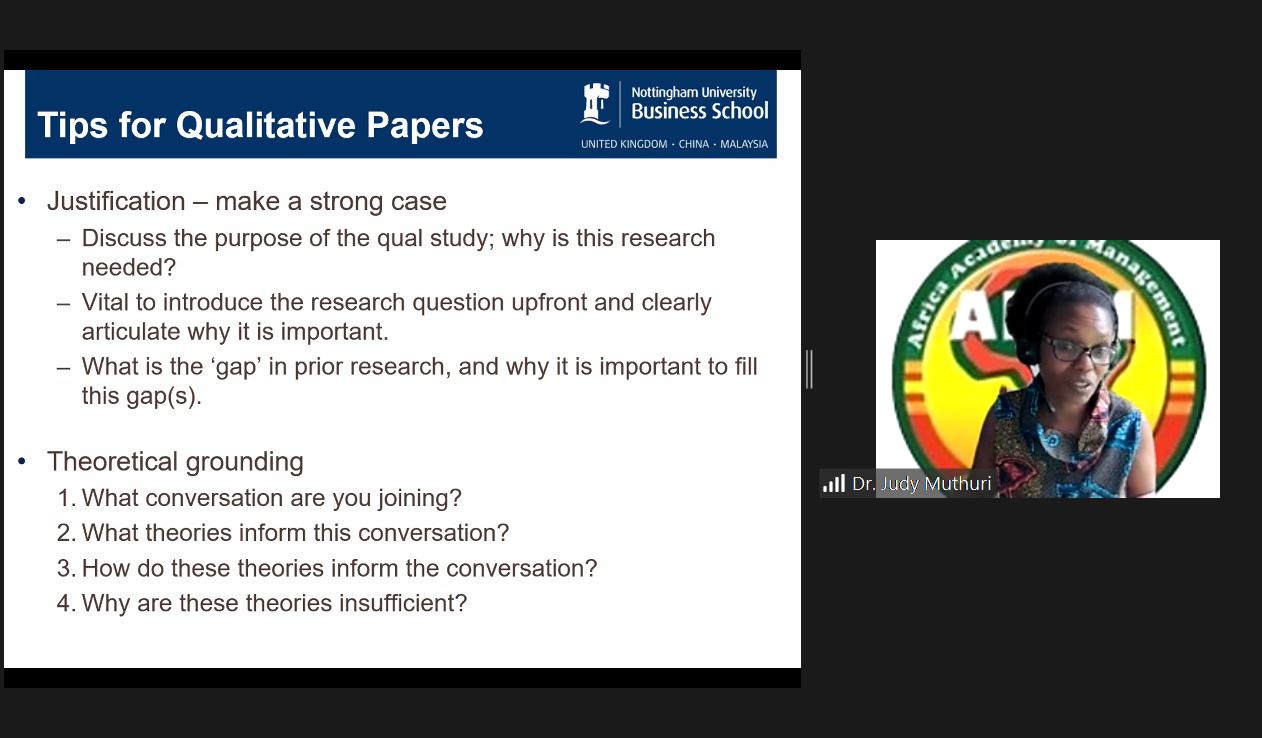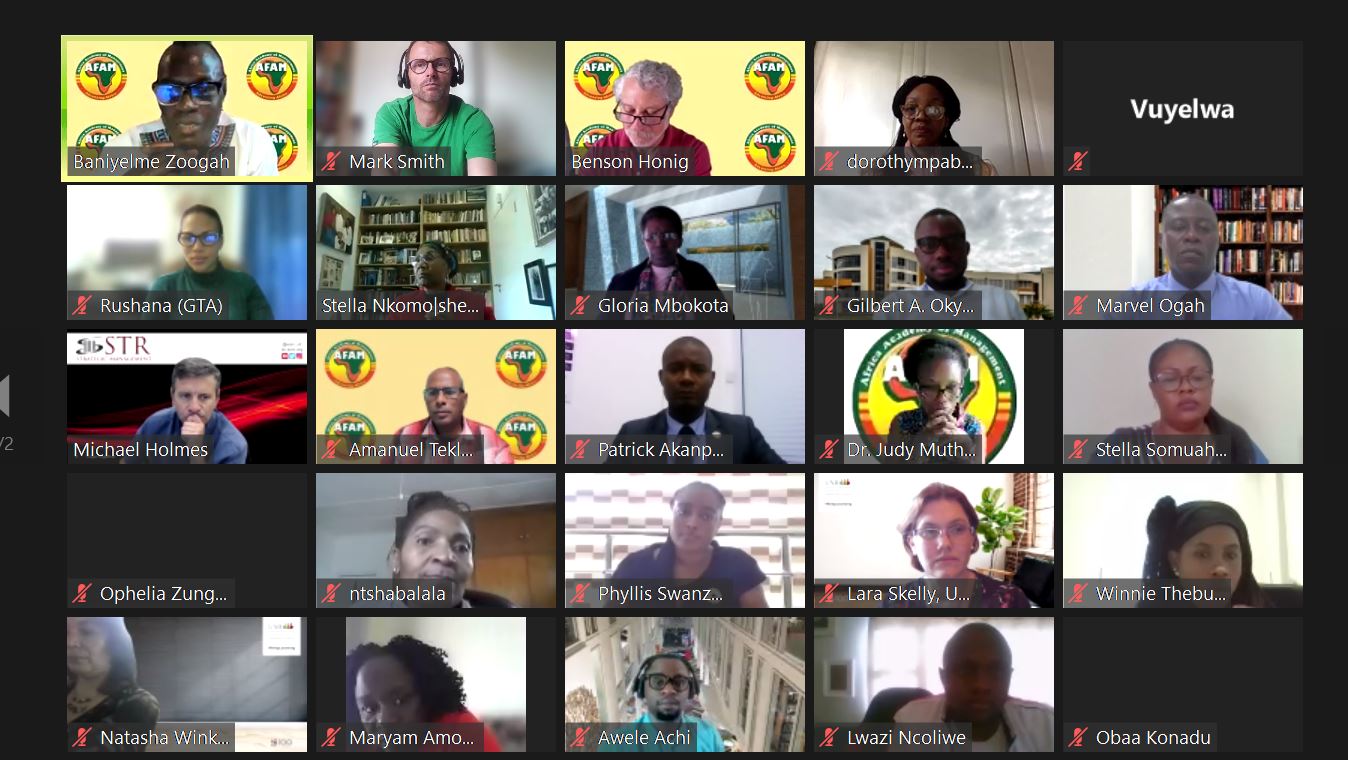The need for relevant, rigorous and impactful research in business and management has never been more pressing and is a key element of the CEEMAN mission. Such research needs to be rooted in the communities, ecosystems and societies that can benefit from the knowledge creation. This agenda is necessary in Africa as much as anywhere.
Firstly, this agenda requires capacity building for talent working in research. In order to understand the African challenges communities, business ecosystems and societies face on the continent, Africa needs scholars working on the continent who are also connected to the world’s leading academic communities.

Secondly, academic communities researching African challenges need to be more representative of the people who live and work on the continent. This proximity not only offers the possibility of pertinent questions, relevant insights, and fruitful openings but also provides actors who can disseminate such research and have a real impact.
Thirdly, it is important to recognise that Africa offers a rich opportunity for the world to learn. The answers to society’s challenges can emerge from across the world. Furthermore there are theoretical and conceptual advances from Africa for all business and management disciplines that can provide insights to the rest of the world.
The sixth African Academy of Management (AFAM) “Africa Faculty Development Workshop” hosted at the University of Stellenbosch Business School aimed to advance the possibilities of, and agenda for, Business School research in Africa. Leading scholars from Africa, Europe, USA and Asia joined 22 selected African academics for an intensive week of exchanges.
